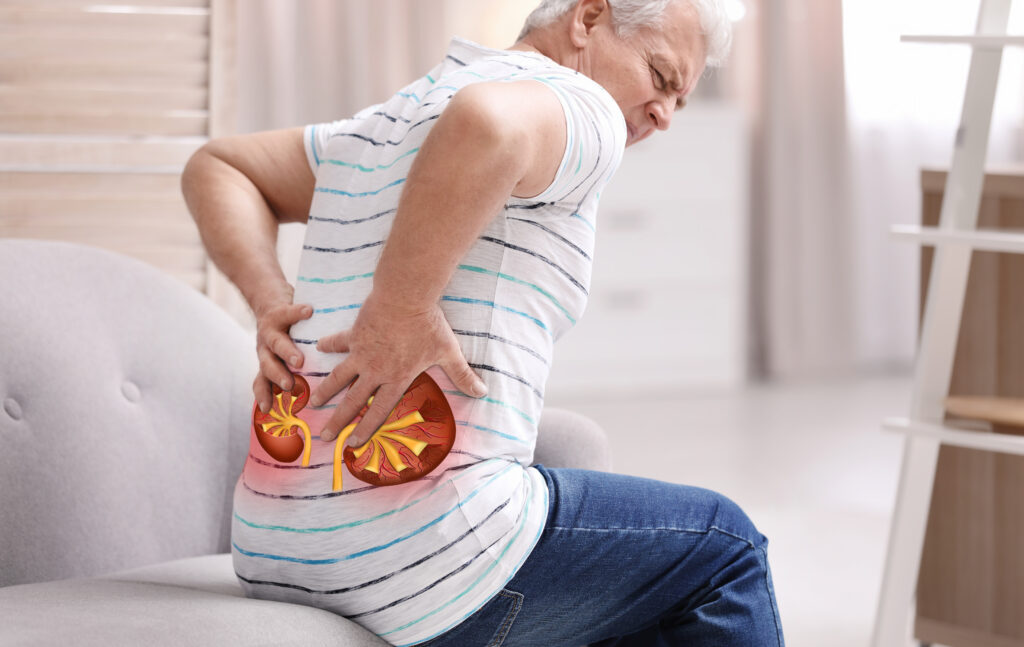What Is a Renal Cyst?
A renal cyst is a fluid-filled sac that forms in the kidney. Many people have at least one renal cyst, especially as they get older. Most renal cysts are simple, which means they are not cancerous and usually do not cause harm. However, some cysts can be complex or cause problems. Because the kidneys help filter waste from your blood, it is important to keep them healthy. Renal cysts are often found during tests for other reasons. For example, a doctor may see a cyst on an ultrasound or CT scan. According to the National Institutes of Health, simple renal cysts are common and often do not cause symptoms.
Causes of Renal Cysts
Doctors are not always sure why renal cysts form. However, several factors may increase the risk. For example, aging is a common cause. As people get older, their chances of developing a simple renal cyst go up. Some other possible causes include:
Still, most renal cysts are simple and not linked to serious health problems. But, if you have a family history of kidney disease, you should tell your doctor. In addition, certain kidney cysts may need more attention or treatment.
Symptoms of Renal Cysts
Many people with renal cysts do not have any symptoms. In fact, most simple renal cysts are found by chance. However, some people may notice signs if the cyst grows large or causes problems. Common renal cyst symptoms in adults include:
Even though these symptoms can be caused by other health issues, it is important to pay attention to them. For example, if you have pain that does not go away, you should talk to your doctor. Sometimes, a kidney cyst diagnosis is made after you report these symptoms.
When to See a Doctor
Most renal cysts do not cause problems. But, you should see a healthcare provider if you notice any of the following:
Additionally, if you have a family history of kidney disease, regular checkups are a good idea. Early diagnosis can help prevent complications. Your doctor may use tests like ultrasound or CT scans to check for kidney cysts. According to the CDC, early detection and treatment can help protect your kidney health.
In summary, most renal cysts are harmless. However, it is important to watch for symptoms and talk to your doctor if you have concerns. Consult a healthcare provider for personalized advice about renal cysts.
